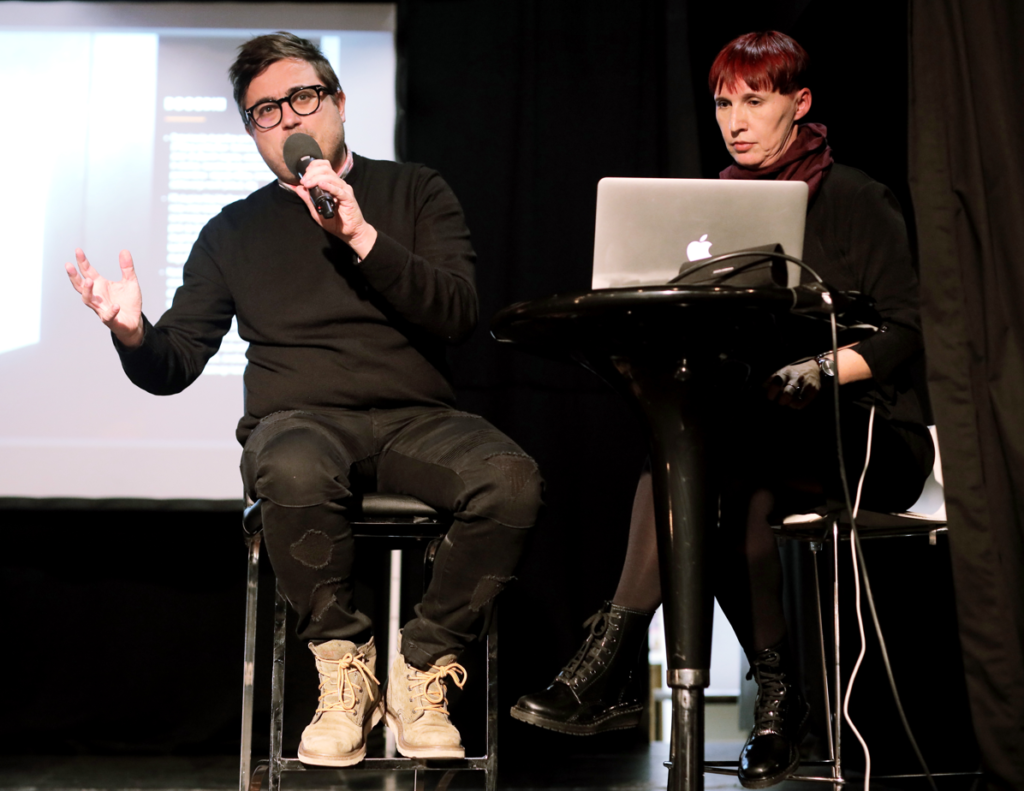“Odlazek, Petrič and Petan, through their journalists and media outlets, are pressuring the Golob government to provide them with more taxpayers’ money to finance their failing business models under the guise of helping the “credible printed media,” which they themselves have financially depleted over the past years,” warned journalist Bojan Požar. The crisis of printed media on a global scale has been going on for some time, and the same applies to Slovenia. An additional problem we have here is that the main Slovenian printed media outlets – Delo, Dnevnik and Večer, have been at the centre of this trend, and the circulation of the left-wing magazine Mladina is not doing much better, either. Now their journalists are once again asking the current government for help because of the consequences of the owners’ misguided moves and the misguided editorial policy.
In the search for a solution for the existence of printed media, talks between the ministers of culture and the economy and the journalistic community have already started, reports Večer magazine, explaining that the relevant ministries are already playing out different scenarios for aid, following the example of some other countries, but it could take several months before they are implemented, because, according to the ministries, a legal basis must first be prepared that would withstand Brussels’ assessment of the state aid. “After the year 2022 was marked by efforts to ensure the autonomy of the central public media service of Radio-Television Slovenia, the year 2023 will bring with it difficult challenges in the area of the increasingly difficult situation of the printed media,” wrote the Slovene Association of Journalists (Društvo novinarjev Slovenije – DNS), which is concerned about the announced cuts in the editorial staff, as is, of course, the executive committee of the Večer newspaper.
According to them, the financially strained situation was not only caused by the circumstances in the media market but also by irresponsible and non-strategic ownership – “both the moves of the previous owners with the gradual divestment of the company’s assets and, in the current non-transparent ownership structure, the further abandonment of the media to a negative spiral.”
Namely, in July 2021, the Delo newspaper reported that one of the buyers of the newspaper was Martin Odlazek. It was informally reported that Večer was buying six companies, including Odlazek’s Salomon and Svet24. As in the case of Primorske novice, the manoeuvre with several buyers was aimed at circumventing the regulator’s requirement to notify 20-percent ownership. The Večer group had already sold its entire magazine portfolio in April 2019, which also went into Odlazek’s hands.
“It seems to be that media tycoons, under the guise of distribution, want to use the state or the taxpayers’ money to close down their bad business moves and, consequently, the results of their media companies,” explained analyst and commentator Miran Videtič, pointing out that it is paradoxical that people who do not buy their media are expected, as taxpayers, to buy them or cover their losses. “Encouraged by the idea that they have brought this political option an electoral result – which is, of course, true to a certain extent – they are now billing the government,” he said. Videtič is confident that there will be some kind of settlement or reward in the end, as the media tycoons are perceived to be quite aggressive in pointing out to Prime Minister Robert Golob how and why he won the elections.
“We also call on the government and the relevant ministries, led by the Ministry of Culture, to address the issue of measures in support of the press after the efforts to depoliticise the public service of Radio-Television Slovenia and to regulate the situation at the Slovenian Press Agency,” urged the management board of the Slovene Association of Journalists and the executive committee of the journalists’ group of the Večer magazine. They pointed out that in the aftermath of the COVID-19 crisis, which was even more damaging to the printed media in Slovenia, especially in the face of “deliberate negative moves by the previous government,” many European countries reacted with effective measures to protect and support the press – including by subsidising press distribution. “Similar measures are urgently needed here, too, because only in this way is it possible to preserve citizens’ right to information and access to information, including newspapers, and thus wider media freedom,” they added – but of course, they are only concerned about “wider media freedom” when it concerns them, and we are sure that they would not be so committed to media of different political views. What’s more, if they could, they would prefer to silence them.
Around 3 million euros are earmarked for co-financing media content this year
“However, we are aware that this call for proposals cannot solve the problems of the printed media. That is why, following the example of several European Union countries, we will analyse different forms of support for the print media, both systemic and interventionist. Together with the Ministry of the Economy, Tourism and Sport and the Ministry of Finance, we will set up an inter-ministerial operational group as soon as possible, which will propose solutions to the problems of the printed media, within the limits of the legal and budgetary possibilities,” the Ministry of Culture, headed by Asta Vrečko, announced, according to Večer’s reporting.
Sara Kovač


